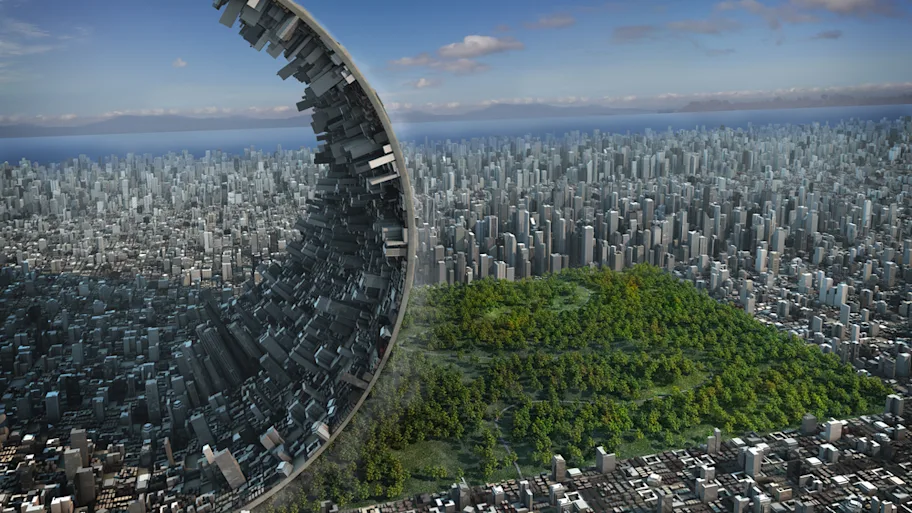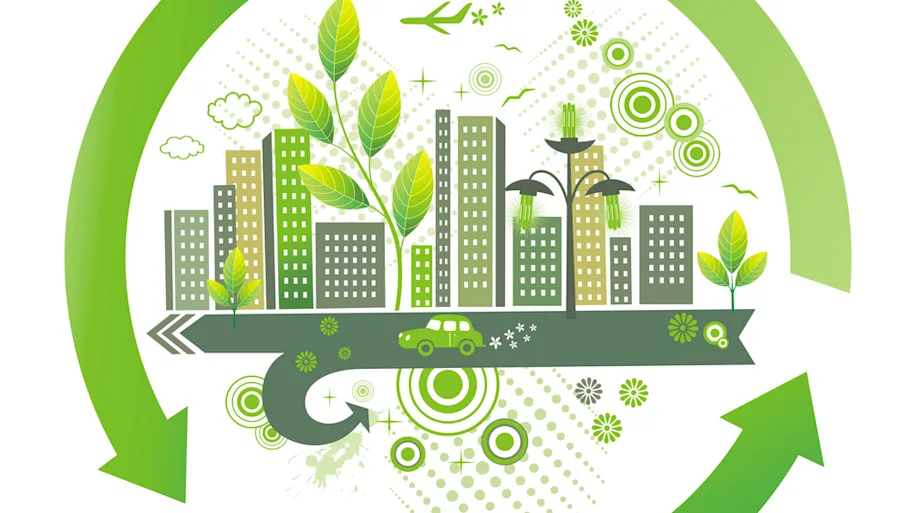
- Science news
- Frontiers news
- How can we live better in cities?
How can we live better in cities?
We, as humans, have had undeniable impact on the environment as we've migrated to urban centers. While cities have become our main cultural, economic and social hubs, living in them means we've actively contributed to environmental pollution, greenhouse gases and to depleting natural resources. With a predicted further 2.5 billion people living in urban centers by 2050, it's more important than ever to think about how to tackle these issues.
Two new specialties in the journal Frontiers in Sustainable Cities have been launched to do just that and are now open for submissions.
Urban greening
Led by Prof. Stephan Pauleit Technical University of Munich, the Urban Greening specialty will provide a "global platform for the advancement of the science of urban greening that is needed to significantly speed up the transition towards urban sustainability and resilience." Prof Pauleit believes Green and Blue spaces in cities “can provide a range of benefits such as offering spaces for recreation and nature experience, storing carbon, and cooling cities, and thus increasing their resilience to climate change".
Urban Transportation Systems and Mobility
"Younger citizens want on-demand access to mobility solutions without the inconvenience of ownership of cars, while older citizens want the personal freedoms that are guaranteed by long-term access to personal mobility solutions," says Prof. Robert Shorten, Specialty Chief Editor of Urban Transportation Systems and Mobility. Tighter controls on what transport solutions can and cannot be permitted in urban settings, coupled with advances in communication networks, smart cities and cyber-physics among others, raises ever-growing challenges to expectations from urban mobility solutions. Prof Shorten also points to rapid changes facing the traditional motor vehicle and states "the objective of our journal is to be at the forefront of this revolution and report on the latest developments in this exciting area."
Contributions needed from biosciences, computer science, engineering, sociology and beyond
Prof. Shorten believes the key is for the research area to provide "a truly holistic approach, requiring input from a range of stakeholders, from sociology, to biosciences, to traditional engineering and computing science." Prof. Pauleit agrees stating that the future lies in "developing novel types of governance that motivate all stakeholders to make the necessary changes for a cities-as-living-system approach."






